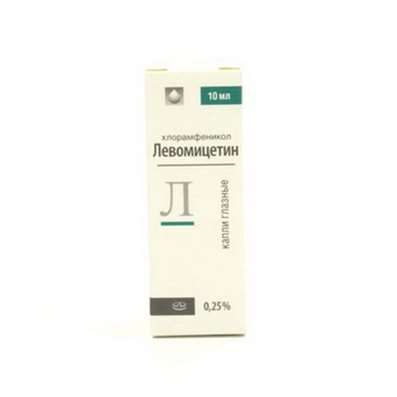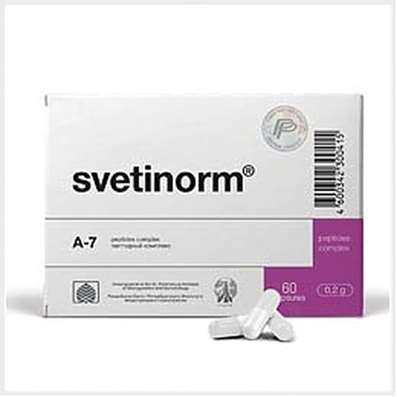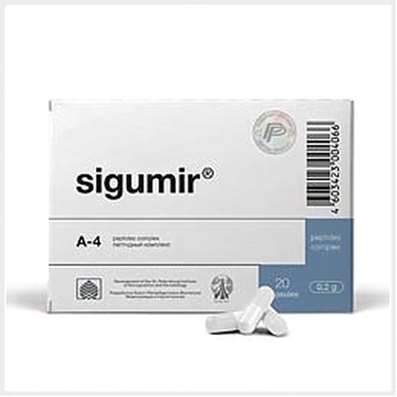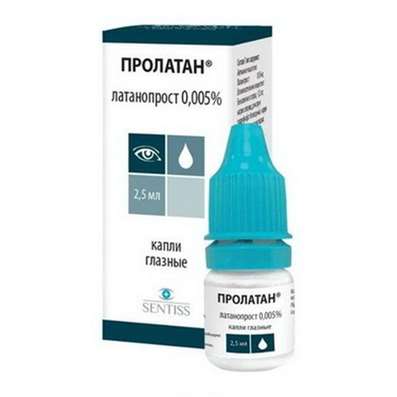Magnesium
13 Dec 2016
Magnesium is a mineral macro cell which participates in formation of bones, a regulation of work of nervous tissue, exchange of carbohydrates and energy balance. Magnesium improves blood supply of a cardiac muscle therefore it is necessary for aged people. In some important processes magnesium acts as the antagonist of calcium, excess of magnesium reduces comprehensibility of calcium. The optimum ratio of calcium and magnesium makes 10:7, this ratio is supported by a usual set of foodstuff. At a disadvantage of magnesium irritability increases.
Reception of additive with magnesium (300 mg/day) lowers arterial pressure on average upon 12 mm of mercury.
Main functions of a magnesium (Vertkin A. H.p. of coworkers., 1997)
- Rising of energy potential of a cell
- Intensifying of metabolic processes
- Antagonism with calcium
- Formation of complexes with molecules ATP and activation more than 300 enzymes, including all ATP-ases (Mg-dependence)
- Participation in synthesis of proteins
- Ensuring relaxation of muscle fiber
- Counteraction to dissociation of oxidation with phosphorylation
- Participation in synthesis of fatty acids and lipids
- Inhibition of release of Acetylcholine from the presynaptic termination
- Regulation of glycolysis
- Participation in synthesis and disintegration of nucleic acids
- Binding of Noradrenalin in granules (an inactivation and reservation)
- Energy balance
- Plastic metabolism
- Electrolytic exchange
- Depression of the Na level + and Sa2 + in a cell Rising of the K+ level in a cell → Polarization of a cellular membrane
Magnesium in bodybuilding
Magnesium takes the important place in bodybuilding not only because it is confirmed theoretical by data, but also recent researches showed that in case of additional acceptance of magnesium can improve performance of trainings. The magnesium role in bodybuilding is that he takes part in products of energy and synthesis of a protein. Besides big losses of magnesium happen together with then. With respect thereto athletes often can't satisfy completely the need of an organism for magnesium at the expense of food sources. Please pay attention to Suprenamin.
Brilla and Haley from Western Washington University in Bellingham published a research where athletes accepted additives with magnesium during the occupations bodybuilding. Conclusions showed that athletes could increase results in power indicators and an increase of body weight. Though the essential effect on power indicators is well proved, influence of magnesium on growth of muscles and increase in testosterone remains doubtful (in the absence of its deficit in food).
Considering the above-mentioned facts, magnesium often joins in sports food, including in ZMA.
Recommended doses in bodybuilding
The recommended daily dose of magnesium for men at the age of 19 — 30 years constitutes 200-400 mg, and for men 30 years — 420 mg a day are more senior. The recommended dose for women at the age of 19 — 30 years — 310 mg, and for women is more senior than 30 years — 320 mg.
Loading and reception mode for increase in force
In spite of the fact that earlier in several researches the positive influence of the use of magnesium in sport for increase in force indices was set, the optimum mode of reception remained undecided. In the research Lindsy S Kass examinees accepted magnesium according to two protocols:
1 group accepted magnesium citrate inside in a dose of 300 mg/days for 1 week in 3 hours before a training, or in any other time in netrenerov days.
2 group accepted magnesium citrate in the same quantities, but for 4 weeks.
1 and 4 weeks later respectively held testing of examinees which consisted in a bicycle race (40 km) and in 30 minutes execution of a press lying to the full (80% of 1RM). The same tests repeated next day.
Outputs: Magnesium raised for 17% force indices in day of testing at the group accepting it 1 week. For the second day of testing force indices also remained raised. The group which accepted magnesium 4 weeks didn't show statistically significant changes of force indices. Thus, authors believe that reception of magnesium gives the maximum effect in force gain only in the first few days reception, then this effect disappears.
Magnesium in sport
Magnesium, the mineral which is responsible for more than 400 metabolic reactions in an organism is advertized as the best assistant in your occupations. In one research connect consumption of magnesium with muscular force. The experimental group of men was daily given 500 mg of magnesium — more than the recommended daily dose equal of 400 mg. The control group accepted 250 mg a day — significantly less daily dose. Within eight weeks both groups were engaged with burdenings, and then at all measured force of legs. The men accepting additive became stronger while at control group parameters remained the same. But most of researchers nevertheless aren't sure that magnesium promotes increase in force. They emphasize that magnesium level in an organism of athletes prior to the research wasn't determined. It is an important point as additives with any nutrient in which your organism has deficiency most often positively influence health and sports results. In general it is possible to tell that now specialists came to a conclusion that additive with magnesium doesn't influence aerobic or muscular force.
Combination
Magnesium in additives is often combined calcium for improvement of functioning of nervous system and muscles, including also regulation of a warm rhythm.
Magnesium in food
Nearly a half of standard daily rate of magnesium is provided with cereal products. There is a lot of magnesium in bean, in nuts, sheet vegetables, blackberry, raspberry, strawberry.
Content of magnesium in some foodstuff
Product / Content of magnesium, mg / 100 of a product
Haricot 167
Grits 133
Buckwheat 113
Peas 107
Millet 87
Rye bread 73
Rice 37
Bread from wheat flour 31
Beet 22
Potatoes 17
Carrots 17
Beef 16
Mutton 15
Whole milk 14
Egg (yolk) 12
Egg (white) 12
Onions 12
Cabbage 12
Ratio of calcium and magnesium in some foodstuff
Product / Ca:Mg ratio
Haricot / 1:1
Grits / 1:1.8
Buckwheat / 1:2
Peas / 1:1.7
Millet / 1:2.6
Rye bread / 1:2.5
Rice / 1:1.3
Bread from wheat flour / 1:1.6
Beet / 1:1
Potatoes / 1:2
Carrots / 1:0.5
Beef / 1:5
Mutton / 1:2
Whole milk / 1:0.1
Egg (yolk) / 1:0.1
Egg (white) / 1:2
Onions / 1:0.4
Cabbage / 1:0.4

 Cart
Cart





